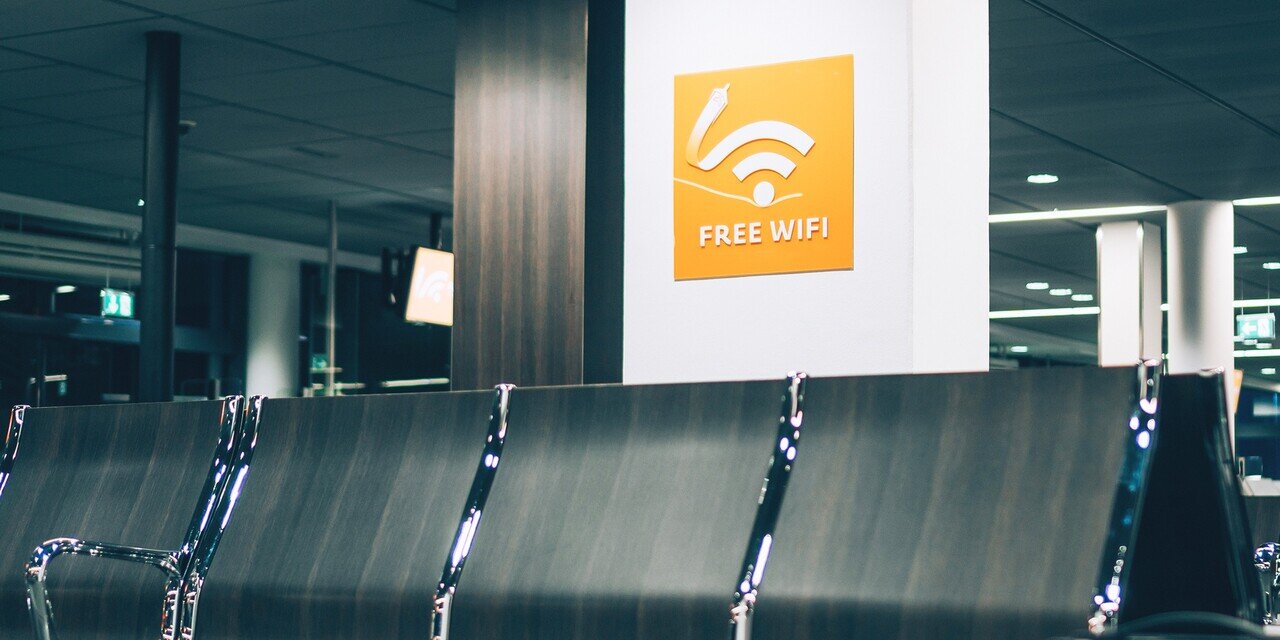Wi-Fi is found everywhere these days, from restaurants and bars, to libraries and schools. You probably even have your own personal Wi-Fi network at home. And as with many things, all Wi-Fi is not equal, and it is important to understand the difference between them.
Wi-Fi can be divided into two categories, public and private. Public Wi-Fi are networks which anyone can connect to (or more often than not, anyone who is a paying customer to a particular venue). These are typically found in places like restaurants, hotels, airports and bars. Private Wi-Fi networks on the other hand, are not publicly accessible. This includes home networks and those of a particular company. Public networks can be very convenient. Say for example, you’re travelling for a business trip, get to your hotel, pop open your laptop and connect to the hotel’s Wi-Fi to check your emails.
One of the major concerns with public Wi-Fi however, is that you have no visibility or control over the network infrastructure, which is the combination of hardware and software that makeup the network. This can be an issue as the network could be malicious or configured in a way which makes it easy for attackers to gain control over, such as by using outdated software and default credentials on hardware interfaces. This can lead to a host of issues, such as attackers sniffing (reading) your internet traffic, or modifying the data sent to and from your device.
So what can you do to prevent this? Well, the best way to remain safe from the security threats of public Wi-Fi is simply not to connect to it in the first place. Rather than connecting to a public Wi-Fi network, you may use your mobile phone as a hotspot. This way you can connect devices such as your laptop to share the internet connection with your phone, completely circumventing the public network.
There will however be times when you cannot avoid using public Wi-Fi. In times like these, I’d strongly recommend the use of a good VPN (Virtual Private Network). A VPN creates an encrypted connection between your computer and the internet, allowing you to be connected to public Wi-Fi, yet surf the internet with a secure encrypted connection.
I did of course say a ‘good’ VPN, so what exactly is a good VPN? Among other things, a good VPN is one that doesn’t keep logs of the sites you visit. There are many VPN providers out there, and I’ll leave you with the homework of finding a good VPN to trust with your internet privacy.
Hopefully this has shed some light on the risks of using public Wi-Fi networks, as well as some ways you can mitigate these risks. This has however been a very brief overview of just one aspect of the much greater topic of cyber security. As with many things, awareness and appropriate education/training are your best line of defence – hence why you’re reading this article!
Here at Vertex Cyber Security we have created our own series of cyber security awareness/training videos designed to give practical advice on how to protect yourself on the internet. The videos cover topics such as phishing attacks, password security, and mobile device security. Click here if you’d like to sign up, or click here to read more about it.



